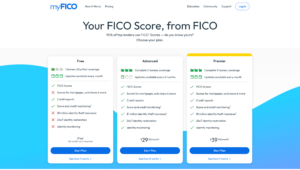
According to a recent report from the Federal Reserve Bank of New York outstanding household debt rose to $11.52 trillion in the last quarter of 2013. This was the greatest quarter-to-quarter increase in debt since the third quarter of 2007.
The share of student loan debt hit a record high. Outstanding student loan balances rose $33 billion to $1.03 trillion in the third quarter. A record 11.8 percent of loans were behind by 90 days or more, the New York Fed said, up from 10.9 percent in the second quarter.
The rise in student debt can have a devastating ripple effect on the economy for years to come. Until 2009, young adults with student loan debt were more likely to become home owners and more likely to take out a car loan than were people of the same age without student loans.
Having a college degree enabled young adults to earn more money, qualify for mortgage loans and have better credit scores than those without a college degree.
But now the opposite is true. “Young people with student loans are less likely to buy a house,” said Wilbert van der Klaauw, a senior vice president of the New York Fed’s research and statistics group.
Those with student loan debt also are less likely to take out car loans; they have worse credit scores; and are more likely to be living with their parents.
Rohit Chopra, student loan ombudsman for the Consumer Financial Protection Bureau said “…Borrowers who default are overwhelmingly non-completers…These borrowers take on some debt but do not benefit from the wage increase associated with a degree.”
In the past borrowers taking on student loans were thought to have a better economic outlook than those not attending college; and, in a lot of ways student loans remain a way for young adults to obtain a degree and earn more money in the future.
But increasingly, borrowers taking on student loans run the risk of creating an impoverished future for themselves that may last for decades. More and more students are finding themselves in positions where salary does not match student loan debt – that is if they even have a job. Borrowers can end up paying on student loans for 20 or 30 years, just as if they had taken out a mortgage loan.
Student debt cannot be discharged under current bankruptcy law, and economists worry that delinquencies can lock people out of economic participation.





















